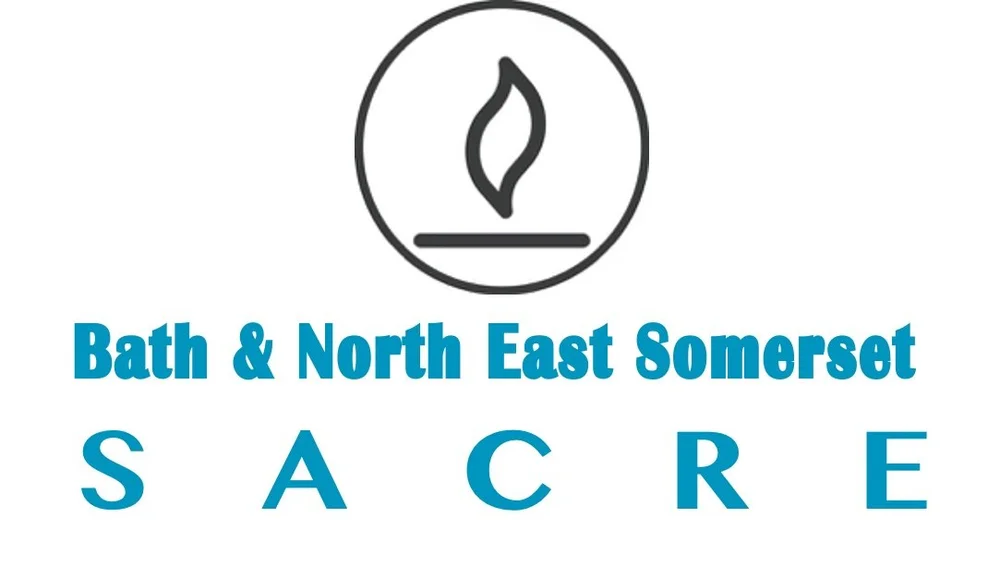Collective Worship
'Collective Worship' is the correct and legal term for what many schools call 'Assembly'. More and more schools now use the term 'collective worship' though others refer to it as 'our service' or 'our act of worship' or 'school worship'.
Some History
Whatever it is called, there has been worship in schools of all types since local churches and local people set up the first schools for their own children some 300 years ago. When the 'state' later started similar schools some form of Christian worship took place in these schools, too. Independent and grammar schools also had worship as part of their school day from their own foundation four to five hundred years ago. The 1944 Education Act formalised all this requiring every school to have a daily act of collective worship.
Legal Matters
The Education Reform Act 1988 reaffirmed the place of a daily act of collective worship for all schools, strengthened some provisions and gave greater flexibility in others. More recent Education Acts have made no further changes but Department for Education Circular 1/94, published in 1994, gives both general and particular guidance to schools and SACREs.
The law requires:
That schools provide a daily act of collective worship for all pupils and students up to the age of 19 (This is their entitlement)
That all community schools provide collective worship which 'is wholly or mainly of a broadly Christian character'.
That Church Schools provide worship 'in accordance with their school's Trust Deed' and follow the guidance of their denomination. In B&NES, this will be from the Diocese of Bath and Wells for Church of England schools (both Aided and Controlled) and from the Diocese of Clifton for Roman Catholic schools.
The law allows:
Schools to provide collective worship in appropriate groupings within the school. The whole school does not have to meet together.
Schools to provide collective worship at any suitable time during the school day. It does not have to be first thing in the morning.
Schools to hold collective worship in places other than school e.g. a local church, in the open air, at a school camp/residential centre.
Parents' Rights
Parents or guardians of any child at the school have the legal right to withdraw their child from collective worship but there must be acceptable grounds and consultation with the headteacher.
Aims of Collective Worship
The DFE paper 1/94 suggests collective worship should aim:
To provide the opportunity for pupils to worship God
To consider spiritual and moral issues
To enable pupils/students to explore their own beliefs
To encourage participation and response
To develop community spirit
To promote a common ethos and shared values
To reinforce positive attitudes
School Provision for Collective Worship
The purpose of collective worship is to foster the spiritual growth of both the individual and community. A school's collective worship allows participants, in an inclusive manner, to encounter and reflect upon a variety of important and widely held values, attitudes and beliefs. Schools therefore need to give extremely careful consideration to both the content and presentation of their collective worship, including such matters as timing, location, the use of symbols and the value of silence.
To provide the most effective collective worship, a school will need:
A policy appropriate to its own circumstances
A person to coordinate its collective worship programme
Leaders who are trained and willing to lead (from within the school, the local community and beyond)
The supervised contribution of pupils/students
A calendar of themes for each week of the year
A variety of resources (including specialist advice)
A budget
Systematic monitoring and evaluation of its worship by staff, pupils/students, governors and visitors/advisers.
Requests to Modify the Requirements for Collective Worship (Determinations)
As required in the Education Act 1996, the Standing Advisory Council on Religious Education (SACRE) is empowered to receive any submissions from headteachers in community schools who are seeking to modify the requirements of the Act relating to daily collective worship.[1]
In considering whether to grant a headteacher’s request, the SACRE will take account of any relevant circumstances relating to the family backgrounds of the pupils concerned (S394 [2]).
When it has made a decision (referred to in the Act as a ‘determination’) about such a request, the SACRE will communicate this in writing to the headteacher and state the date from which it should take effect (S394 [3]).
Any determination made under these arrangements ends after 5 years, unless renewed by the SACRE. The headteacher can request a review at any time, after consulting the governing body. In any event, there must be a review by the SACRE no later than 5 years after the determination was introduced; and subsequently within 5 years of each review. The headteacher must be given the opportunity to take part in any review, and, in turn, is required to consult the governing body who may wish to seek the views of parents (S395).
To apply for a determination please make your request to the Clerk of Bath & NE Somerset SACRE: dfmayfly@icloud.com.
[1] The requirement that collective worship in community schools should be wholly or mainly of a broadly Christian character came into force in August 1989.
